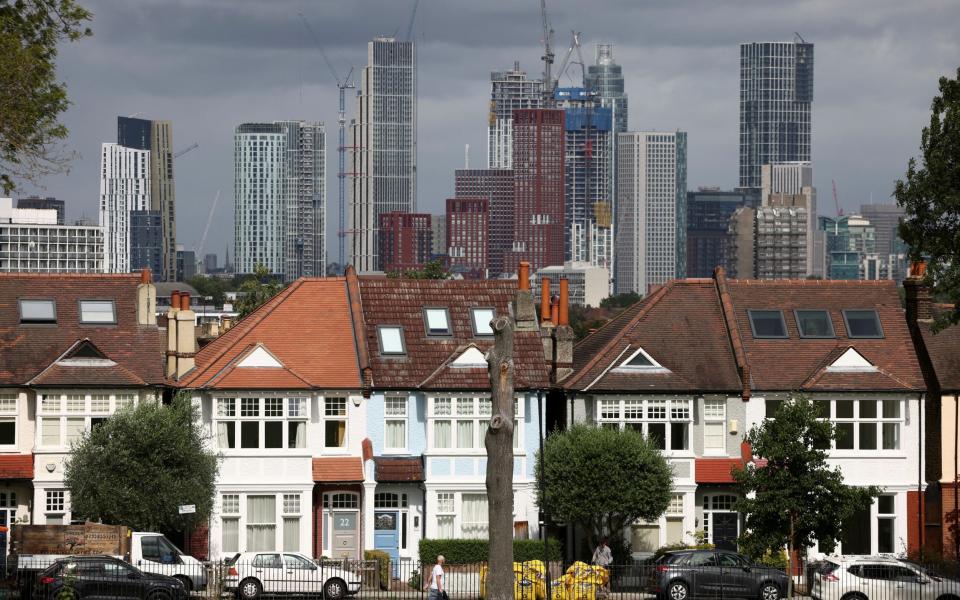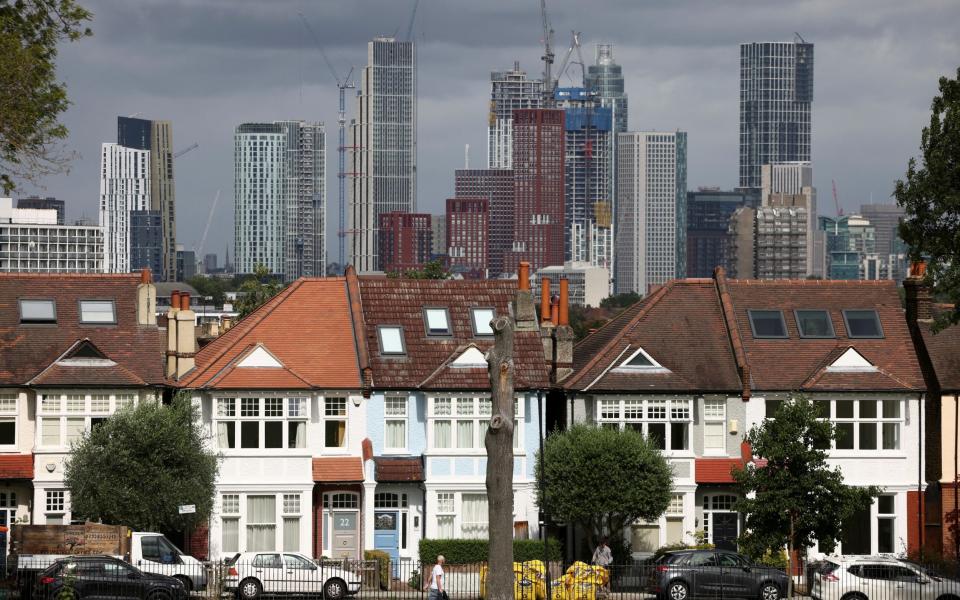
Homeowners are facing a “cost of owning crisis” as rapidly falling house prices push tens of thousands into negative equity.
The National Institute of Economic and Social Research (Niesr) said August’s sharp drop in house prices meant that 50,000 people had fallen into this predicament over the last 12 months.
It comes after Nationwide said last week that house prices were falling at the fastest rate in 14 years. Average prices dropped by 5.3pc in August compared with the same month last year when values were at their peak.
The slump marked the sharpest fall since July 2009 when the global economy was plunged in the depths of the financial crisis.
Negative equity is where a property is worth less than the value of the mortgage attached to it. It can make it difficult to sell a property or to remortgage, leaving homeowners facing higher monthly repayments when they roll off fixed rate deals.
Max Mosley, an economist at Niesr, said: “Mortgage holders across the country have had to endure Covid, a cost-of-living crisis and now a cost-of-owning crisis.”
Niesr’s figures are based on analysis of the official Wealth and Assets survey conducted by the Office for National Statistics (ONS).
Far fewer households are in negative equity compared with the financial crisis, when prices dropped 20pc peak-to-trough and many more households had mortgages taken out using small or even zero deposits.
However, many more households are likely to run into difficulties in the month ahead. The Office for Budget Responsibility (OBR), the Government’s independent tax and spending watchdog, expects house prices to fall 10pc from their recent peak.
The Resolution Foundation said last year that 190,000 households would fall into negative equity if prices fall by just 8pc.
Nationwide executives told MPs on the Treasury Select Committee last month that around 2pc of its customers had taken out mortgages with a deposit of 10pc or less, leaving them particularly exposed to a large fall in house prices.
However, Henry Jordan, home commercial director at Nationwide, said in July that he expected anyone who fell into negative equity to be there “for a fairly short period” before values rebound. He added that this was unlikely to be a problem for people intending to live in their homes for several years, when house prices are expected to recover.
House prices are falling rapidly as the cumulative impact of repeated rate rises hits the property market.
Bank of England data last week showed the number of mortgage approvals fell to a five-month low in July.
Officials have warned that around four million mortgage borrowers face a sharp rise in monthly payments by the end of 2026, including a million who will suffer a jump of at least £500 a month.
However, there are also signs that interest rates are close to peaking, which will limit a potential mortgage shock. Huw Pill, the Bank’s chief economist, indicated this week that he may not vote to raise interest rates further from their current level of 5.25pc.
While Mr Pill said inflation remained stubbornly high at 6.8pc, he suggested that keeping rates higher for longer would be sufficient to bring price rises back to the Bank’s 2pc target by 2025.


